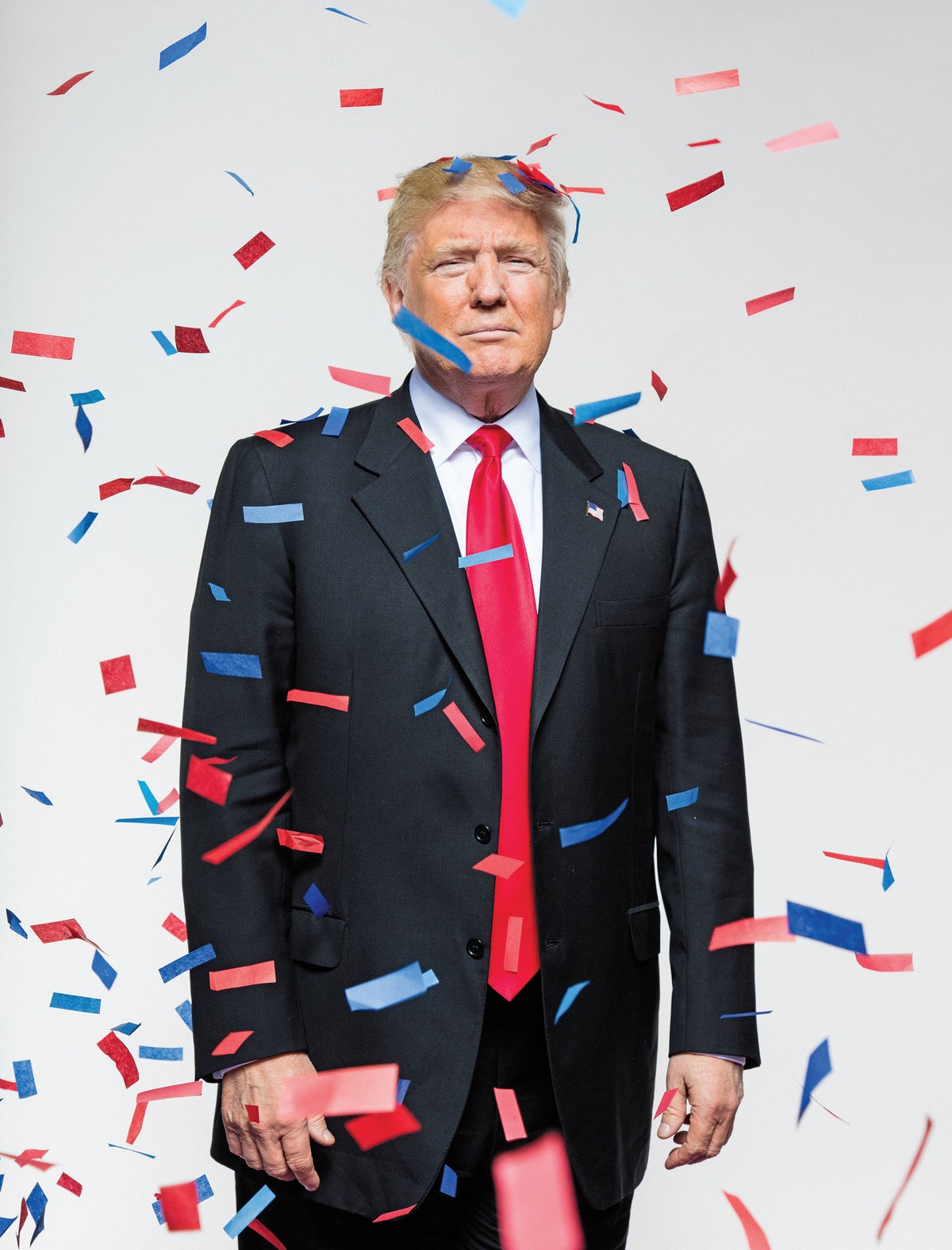whitehall
Diamond Member
Yeah right, you post amateur psycho junk about a president who hasn't been in office for almost two years and ignore a doddering old man who has his finger on the nuclear trigger and you think I don't understand?Which shows your inability to understand what the topic of this thread is about.
